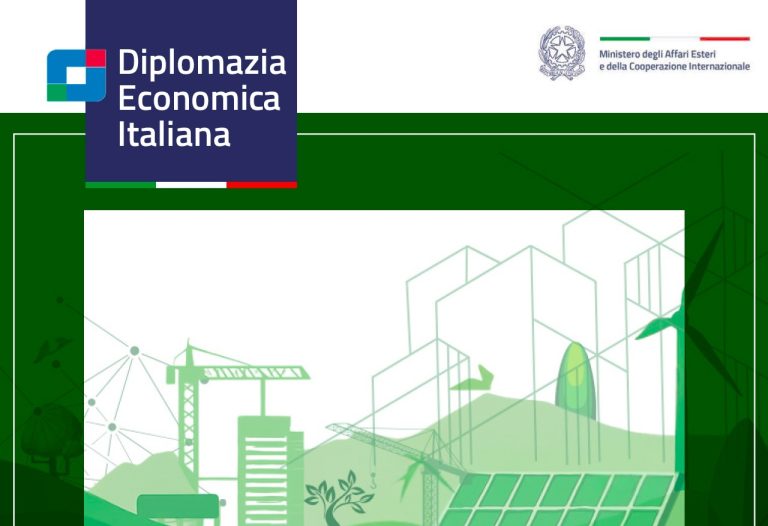The Angolan economy grew (+5.3%) in 2013 in the non-oil sector (services, construction, farming), which is growing at a faster rate (+5.8%) than the oil sector and, most importantly, is showing major signs of stability: inflation (which had made Luanda the most expensive city in the world) has come down to single-digit levels (7.6%), State debt is less than 18% of GDP, with the consequent improvement of the country’s ratings (“BB” for Standard & Poors), in addition to currency reserves of 32 billion USD, and a sovereign fund recently launched with another 5 million.
The data were presented today by Angolan Minister for the Economy Abrahao Gourgel during a round table organised by the Italian foreign ministry, whose participants included a delegation of Angolan government representatives who also led a business mission to Italy. The key message was that, thanks especially to revenues from oil, the country has fully completed the initial phase of recovery following the civil war, but that now it needed to look to the future and diversify its growth engines, relying on construction, agri-industry, new infrastructure and the development of industrial activities aimed at “import substitution”.
In this regard Italy can be useful. The market exists and is undeniably attractive, as emerged from the Angolan presentation: five million megawatts of electricity and 3,000 kilometres of high-tension transport lines to be built over the coming years; over 5 billion dollars earmarked for the development of water systems in urban and rural areas (collection, distribution, waste removal); 2,000 kilometres of railways to be built to link the country’s three existing networks to each other and to neighbouring countries, to restore Angola to its former role as intermodal transport hub for the entire region (Zambia, Republic of Congo, Zimbabwe etc).
And the list goes on. The country’s enormous agricultural potential (only 5 million hectares of a possible 35 million are currently being cultivated), but that requires a full range of assistance and upgrading interventions. Then there is the launch of the industrial parks promoted both by the State and by the industrialists association (AIA).
Italy, which was the first country to recognise Angola as an independent nation and, as Under-Secretary for Foreign Affairs Lapo Pistelli pointed out, has strongly contributed to its recovery through cooperation, has lost ground in this market as compared with other competitors – which it intends to recuperate. An ICE office is set to open in Luanda in the autumn, according to its president Riccardo Monti, and a mission is being planned for the near future with the Italian industrialists association that could be followed by a business mission within the year focused on the sectors of agri-industry, energy, construction, and transport. The intention is to follow-up on the strong interest in that country expressed by the over Italian 500 firms that participated in conferences in Turin and Rome with the Angolan ministerial and business delegations.
(infoMercatiEsteri)




